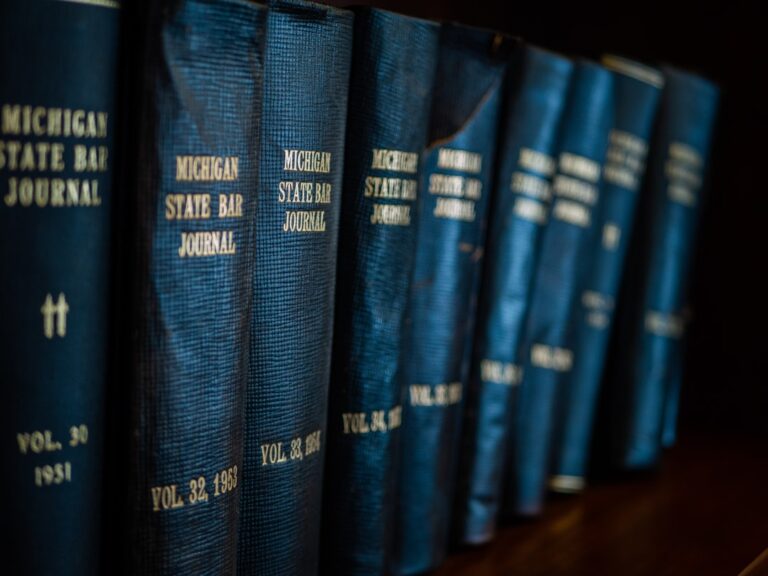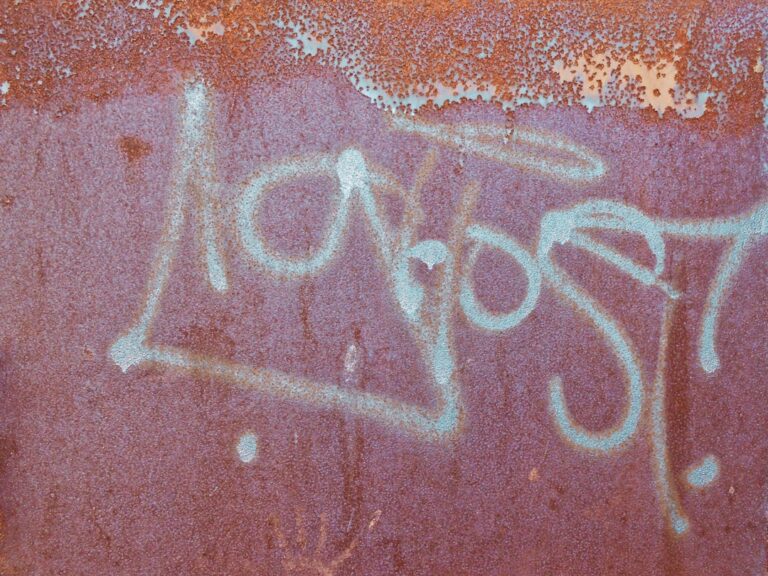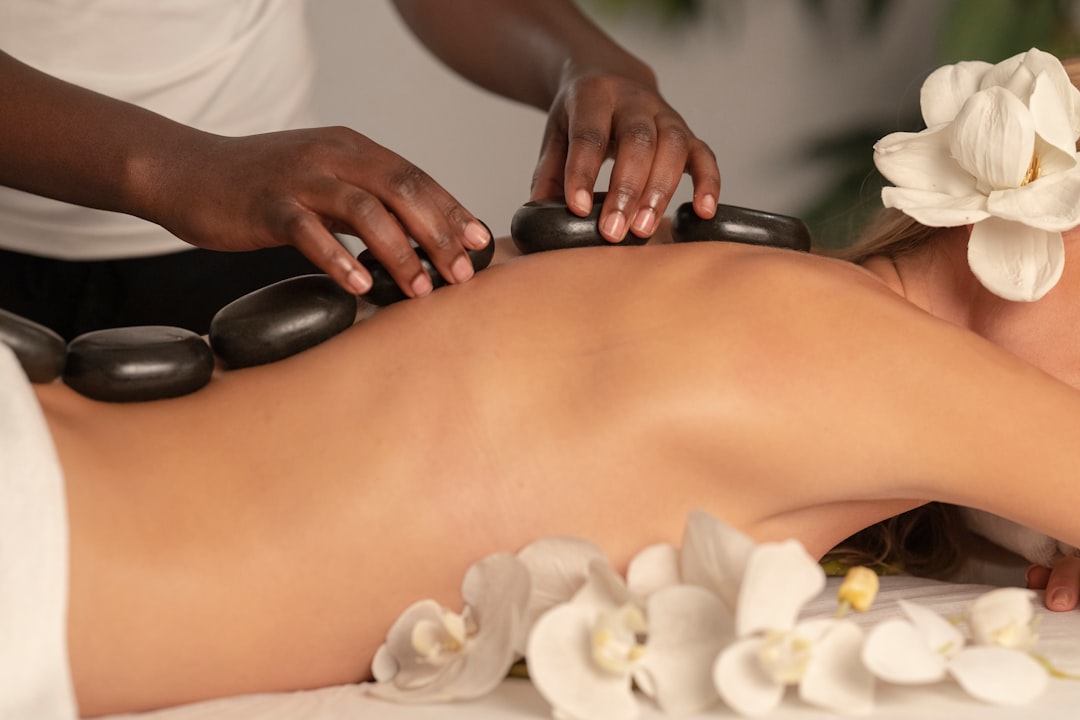IN enforces strict massage spa regulations through state licensing and health departments, focusing on safety and quality. Businesses apply for licenses via the IDB, meeting cleanliness, sanitation, and staff training criteria. Licensed spas in IN must pass regular inspections, maintain records, comply with health protocols, and adhere to advertising, privacy, and price transparency guidelines. Comparatively, Indianapolis' regulations are more relaxed than New York City's, which imposes stricter exams and ongoing educational credits. IN's rigorous licensing standards ensure qualified professionals provide massage services, upholding safety and quality for clients.
“Explore the intricate world of massage spa regulations in Indianapolis (IN), a key player in the wellness industry. This comprehensive guide compares IN’s standards with those of other major metropolitan areas, shedding light on what makes its policies unique. From licensing requirements to operational guidelines, we dissect IN’s approach, offering insights for businesses and enthusiasts alike. Dive into this comparative study to understand how Indianapolis stacks up against peer cities, ultimately enhancing knowledge about the regulatory landscape within the massage spa sector.”
IN: Understanding Massage Spa Regulations

In Indiana (IN), massage spa regulations are governed by the state’s licensing and health departments, ensuring safety and quality standards across the industry. The process begins with businesses applying for a license through the Indiana Department of Business (IDB). This includes meeting specific requirements such as facility cleanliness, equipment sanitation, and staff training in infection control and appropriate massage techniques.
Once licensed, spas must adhere to regular inspection schedules, maintain thorough records of employee certifications and customer feedback, and comply with state-mandated health and safety protocols. IN’s regulations also cover areas like advertising practices, privacy policies, and price transparency, protecting both consumers and businesses within the massage therapy industry.
IN vs. New York: A Comparative Study

When comparing Indianapolis to New York City, one notable difference lies in their massage spa regulations. Indiana, home to IN, maintains a relatively relaxed regulatory environment for massage therapists, with licensing requirements that are less stringent than those of New York State. In IN, massage therapists are required to complete a 50-hour board-approved training program and pass a state exam to obtain their license. Additionally, there is no specific requirement for continuing education, although some spas may mandate it.
In contrast, New York City has more rigorous standards, demanding that massage therapists not only complete an approved training course but also pass both written and practical exams administered by the New York State Education Department. Furthermore, New York requires ongoing educational credit to maintain licensure, ensuring that practitioners stay updated with the latest techniques and industry standards. This comparative study highlights how differing states approach regulating the massage therapy profession, ultimately shaping the spa experience for patrons across the country.
IN's Licensing Requirements: Unveiling the Basics

In Indiana (IN), individuals seeking to operate a massage spa must adhere to specific licensing requirements set forth by the state. The process involves obtaining a Massage Therapy License from the Indiana Board of Massage Therapy. To qualify, applicants must complete an approved massage therapy training program, pass a written examination, and demonstrate practical skills through a proficiency test. This rigorous standard ensures that only qualified professionals can offer massage services in IN, maintaining high safety and quality standards for clients.
Additionally, IN regulations mandate regular continuing education for licensed massage therapists to stay current with industry best practices. These requirements foster a competent and ethical massage therapy profession in the state, contributing to the overall well-being of IN residents and visitors alike.





